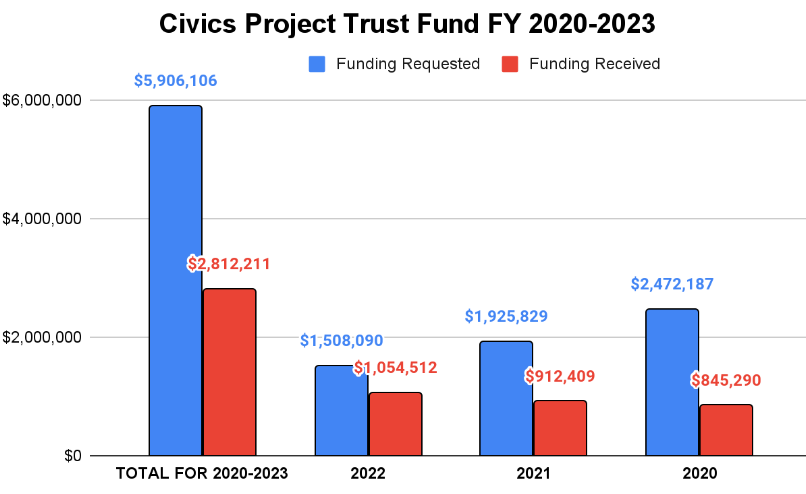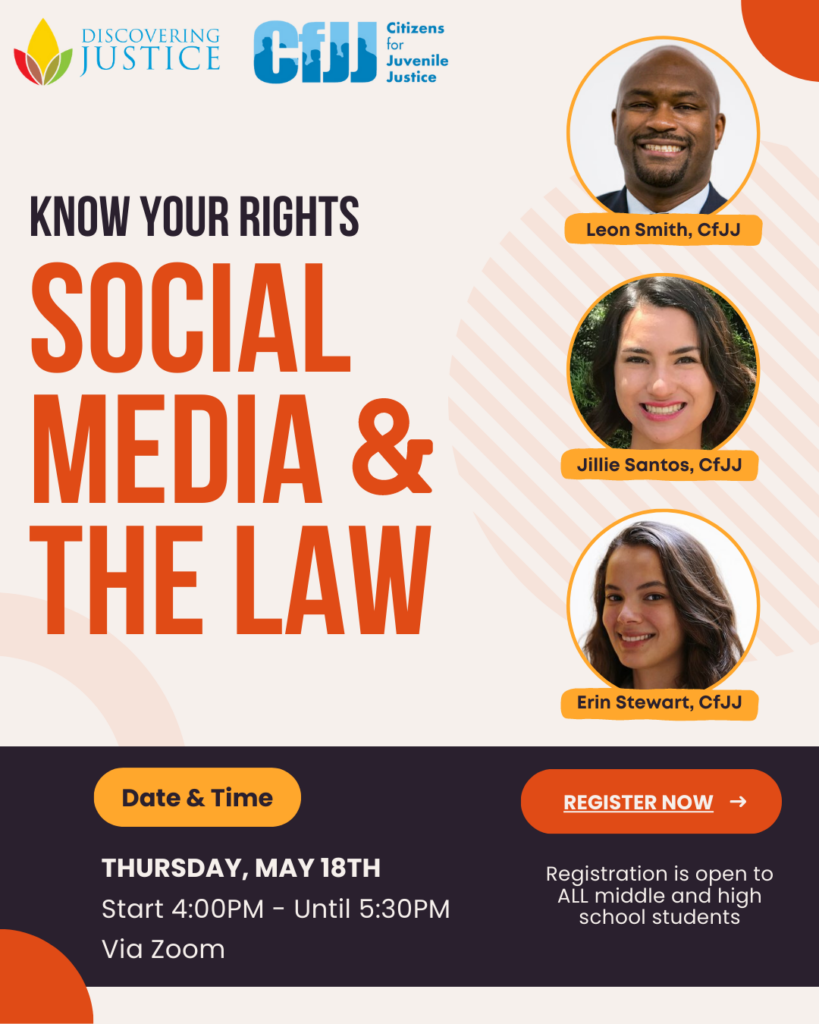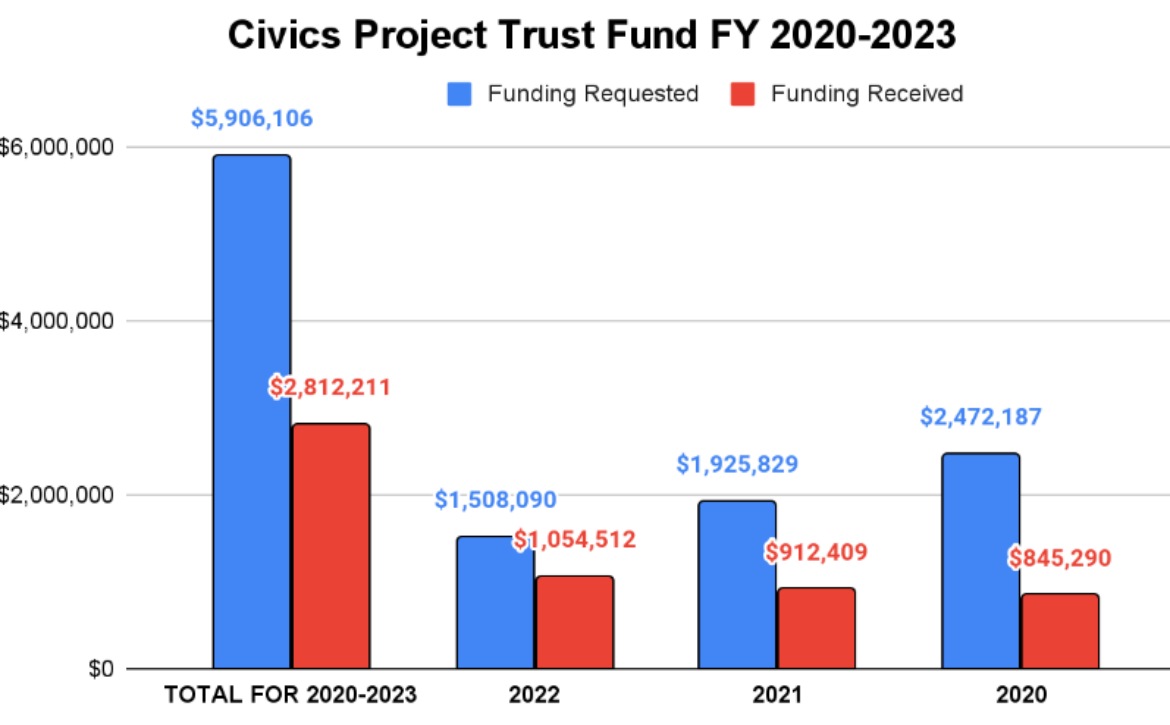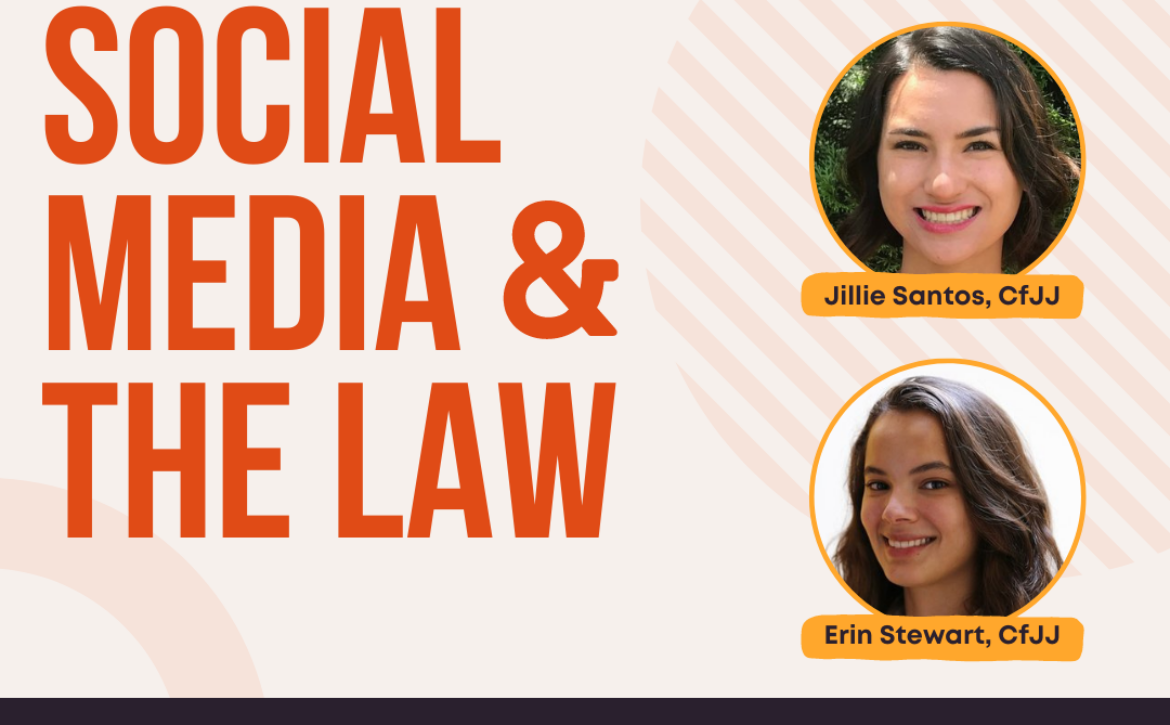Elementary School Students Plan for Civic Action

Students in elementary schools across Massachusetts are using the Discovering Justice designed “Justice Cycle” tool to discuss and plan out civic actions for justice.
Grade 3 teachers in Springfield, Boston, and Cambridge are piloting the new Children Discovering Justice curriculum, walking them through a civic action project and showing elementary students that they can be changemakers.
“Students have to do a civics project in 8th grade and high school, so why not start practicing in elementary school? Starting earlier has a bigger impact on their community and allows them more opportunities for civic success,” said Victoria Suri, K-5 Curriculum Developer at Discovering Justice.
Rachel Leung, a 3rd Grade teacher in Boston is excited about the CDJ program. “My students and I have enjoyed exploring and learning with the [CDJ] civics curriculum. They are very curious about how the world works and this program helps to answer many of the questions they have. This program opens the students’ minds and shows them possibilities for the future.”
The unique curriculum includes guided lessons where students learn about perspective-taking, advocacy, critical thinking, and problem-solving in a collaborative learning environment. Using Discovering Justice’s Justice Journal, students plan, implement, and reflect on civic actions to enact change in their community. This can be as small as keeping their classroom clean or as big as partnering to support local organizations and movements.
“I enjoy learning about justice because I love helping people in need… I get to help people older and younger than me,” stated a third grade student in Boston.
Students in a Cambridge 3rd grade classroom decided to advocate for cooking classes in their ‘specials classes’ to learn more life skills. Another group was passionate about animal protection. Third grade students in Boston were concerned about keeping their learning environment clean and the lack of music classes. They decided to talk with their principal to learn more. Another third grade class is brainstorming actions they can take on gun control and school safety. Students are learning that they have a voice and are eager to advocate for change in their communities.
Contact K-5 Curriculum Developer Victoria Suri at vsuri@discoveringjustice.org to learn more about our free curriculum for Grades K-3.
Acting United States Attorney for the District of Massachusetts

On May 19, Discovering Justice Board Member Joshua Levy was appointed Acting United States Attorney for the District of Massachusetts. He replaced Rachael Rollins who resigned from her post. Because of his appointment, Josh has stepped down from his position on the Discovering Justice Board after more than a decade of service and another decade as a legal mentor volunteer.
Here is a statement about Josh by the Discovering Justice Board of Trustees:
As Board Members of Discovering Justice, a statewide civic education organization based at the Moakley Courthouse, we commend the appointment of our former colleague Joshua Levy as Acting United States Attorney for the District of Massachusetts.
Our loss is truly the Commonwealth’s gain.
In his 25 years of service to Discovering Justice, Josh’s leadership has helped young people examine the workings of the justice system, explore the ideals of justice, and prepare them to engage in American democracy.
Josh has always brought deep integrity, wise counsel, compassion and humility to the table. We are confident he will continue his work for justice and his commitment to the broader community and that his leadership will elevate the work of the US Attorney’s office to the benefit of all of us in Massachusetts.
Students Attorneys Argue 4th Amendment Rights at Mock Appeals Across Massachusetts

Starting last week and continuing this week, twenty-six mock appeal teams of Massachusetts middle school students will present their Fourth Amendment cases in front of a panel of judges and attorneys with their friends and family in the audience.
Grappling with the complexities of a case addressing the legal limits of a public school’s ability to search a student’s electronic devices, student attorneys are delivering oral arguments and fielding panelists’ questions – a difficult task for even the most experienced lawyer. In many cases, the panels have been divided on whether to side with the petitioner or the respondent, a telling sign that both sides were balanced in their presentations and theory of the case.
“Balancing students’ rights online with their safety in schools is an incredibly timely challenge. Our students start the program feeling very passionately about one of the two sides of the issue but over the course of the program they realize just how complicated and hard it is to figure out what is just,” said Mock Appeal Program Manager Luke Matys.

“These events are not only an opportunity for students to explore the topic, but they also allow students to gain the type of confidence you can really gain when answering questions from a federal or state judge,” added Matys.
Working with courthouse staff, Discovering Justice is hosting ten Mock Appeal Events with more than 600 attendees at nine courthouses across the Commonwealth and one in Rhode Island for a Providence middle school. We appreciate the Moakley Courthouse, the Lowell Justice Center, the Providence Federal Courthouse, the Donohue Federal Building and US Courthouse in Worcester, the Framingham District Court, the Springfield Federal Courthouse, the Brockton District Court, the New Bedford Superior Court, and the Brookline District Court for opening their doors and supporting these events.
If you’d like to support our student attorneys by attending one of our Mock Appeal events over the next two weeks, RSVP here.
State Senate Votes to Restore Cuts in Civic Education and Increase Investment 25%
In a 39-0 bipartisan vote, the Massachusetts State Senate voted to increase funding for the Commonwealth’s Civics Project Trust Fund by 25% to provide more resources for state and local officials to work to bring civic education curriculum to students across Massachusetts. The vote helps restore a 25% cut in the Trust Fund voted in by the House in April.
To support the argument for more support for civics, a coalition of civic education organizations released Progress & Opportunity: Taking Stock of the 2018 Civic Education Law, and urged legislators to increase spending for the Civics Project Trust Fund in the Commonwealth’s FY24 budget.
As the budget process rolls on, the House’s FY24 budget passed a 25% decrease in the Civic Project Trust Fund from $2.0 million to $1.5 million. The Senate budget called for a 25% increase and funded the Trust Fund at $2.5 million. The two budgets now head to a Legislative Conference Committee to reconcile the difference. Thanks to the 16 Democratic and Republican Senators who signed on as co-sponsors – Senators Barrett, Creem, Eldridge, Feeney, Gobi, Keenan, Kennedy, Lewis, Lovely, Moran, O’Connor, Oliveira, Pacheco, Tarr, and Timilty.
The Massachusetts Civic Learning Coalition, a 40+ member organization working to bring civic education to students in every school district in Massachusetts, has called on the Legislature to increase the Trust Fund to $2.5 million.
“Now is the time to increase funding for civic education and invest in our students. We need to prepare the next generation to protect and steward our democracy,” said Matt Wilson, Executive Director of Discovering Justice and Advocacy Chair for MCLC. “At a time when voting rates and civic engagement is mediocre at best, the Commonwealth needs to be investing in our youth to be civic leaders now and in the future.”
The legislative fight comes in the wake of a national study that shows civic education scores dropped for eighth graders and that just 22% scored at or above proficient level.
The Trust Fund, established in 2018 through the passage of the Civics Education Law, provides the resources for state education officials and grants for local school districts to build the civic education infrastructure needed to prepare students to engage in democratic action. Yet, since 2020, fewer than half of the grant proposals submitted by local school districts have received funding.

The Civic Project Trust Fund provides grants to local school districts to help them develop civics curriculum and provide professional development for teachers to teach the material. The Trust Fund also supports work by the Department of Elementary and Secondary Education on a statewide level to support civic education work.
Discovering Justice is a proud member of MCLC, a network of civic education organizations that formed to pass the 2018 Civic Education law and now works to support school districts and teachers and ensure implementation of the law.
Know Your Rights: Social Media & the Law
As part of Discovering Justice’s After-School Mock Appeal Program, middle and high school students and their caregivers participated in a seminar to learn about students’ rights around social media and school.
This virtual event “Know Your Rights: Social Media and the Law” was led by Citizens for Juvenile Justice and is called “Know Your Rights: Social Media and the Law.” Click this link to watch a recording!

Founded in 1994, Citizens for Juvenile Justice is an independent, non-profit, statewide organization working to improve the juvenile justice system in Massachusetts. This organization’s mission is to advocate for statewide systemic reform that achieves equitable youth justice.
Parents and family members know that the social media landscape is complex for young adults. What are the laws that students need to know to protect their privacy and safety? What are students’ rights in regard to their social media accounts on school grounds and out in public?
Students explored the ways that schools are able to use social media to check student activity. This training gave them the knowledge and tools to be more responsible for social media and mindful of their futures.
This training gave space for students and caregivers to gain knowledge, which is ultimately power! We are thankful to Citizens for Juvenile Justice for the collaboration. Learn more about Citizens for Juvenile Justice here.














